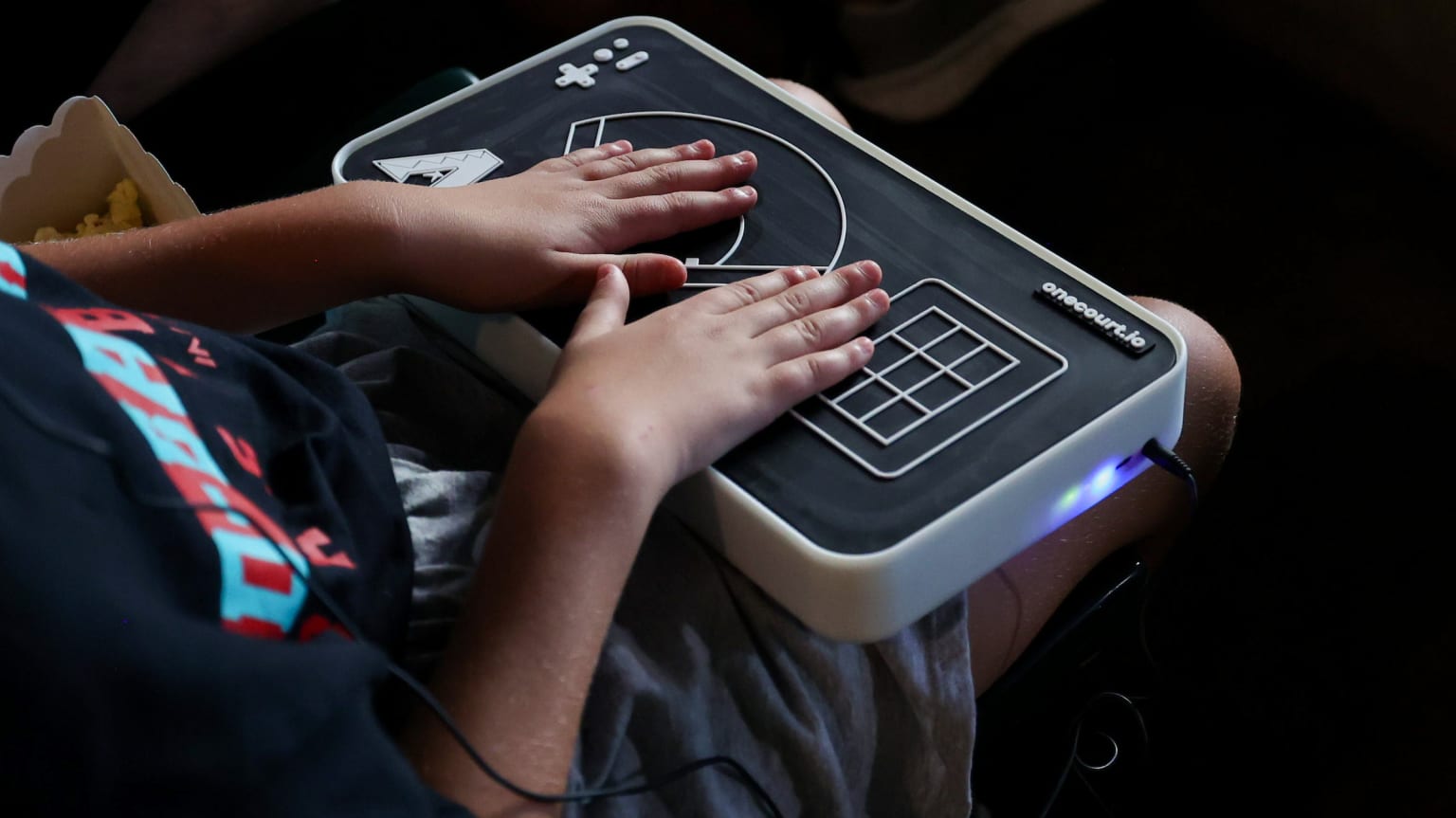[mkdf_dropcaps type=”normal” color=”#f55549″ background_color=””]A[/mkdf_dropcaps]
s part of the Ministry of Sport Brain Health Week, Boston University School of Medicine director of the CTE Center and professor of Neurology and Pathology, Dr. Ann McKee, spoke to Ministry of Sport founder, Ben Parsons, about the risks of concussion and CTE in sport.
Chronic Traumatic Encephalopathy (CTE) is a progressive degenerative disease of the brain found in people with a history of repetitive brain trauma and can be most dangerous to individuals that do not experience concussion symptoms, as it can very easily go undetected, according to Dr. McKee.
As part of the Boston University CTE Center study on over 200 former NFL players, Dr. McKee and her team identified CTE in 99% of brains obtained from NFL players, as well as 91% of college football players and 21% of high school football players.
Dr. McKee said the concern is leaning more towards a high mass of repeated head impacts than one big impact.
“What we found is, for every three years of American football, your risk of developing CTE doubles,” Dr. McKee told Ministry of Sport.
“If you play fewer than five years, you have about 10% of the risk of getting CTE, but if you play over 4 and a half years, your risk goes up very substantially.
“It’s a risk for CTE, it doesn’t mean everyone’s going to get it, but it has to do with the number of years you play football.
“I would imagine the same is true for Australian Rules Football or Rugby, we just don’t have as much information about it right now, but it’s a risk exposure, the longer you play, the more likely it is you’re going to get CTE.
“And if people start young, if they start playing at eight or even if they just go through high school, they still have a decade or more of football, and that’s part of the push, to start playing at a later age.
“At least if you start playing later, you won’t have this cumulative number of years playing really increasing your risk.
“What we know is it’s not just the concussions, the things that make the players woozy and stumble, the things that we can actually evaluate on the sideline; we also know it’s just the number of hits to the head, which the players experience but don’t seem to have any symptoms.
“It’s these low-level hits over time and you have to imagine you get 1,000 of these hits a season, so if you play ten seasons, you have 10,000 little hits.
“It’s those little hits that eventually cause the injury, its CTE caused by tens of thousands of little hits, not a big hit,” she said.
To listen to the rest of Dr. McKee’s discussion with Ben Parsons, click here.
Make sure to keep an eye out on the Ministry of Sport website and social channels for the next video interview as part of the Ministry of Sport Brain Health Week, in association with Digital Health Organization.







